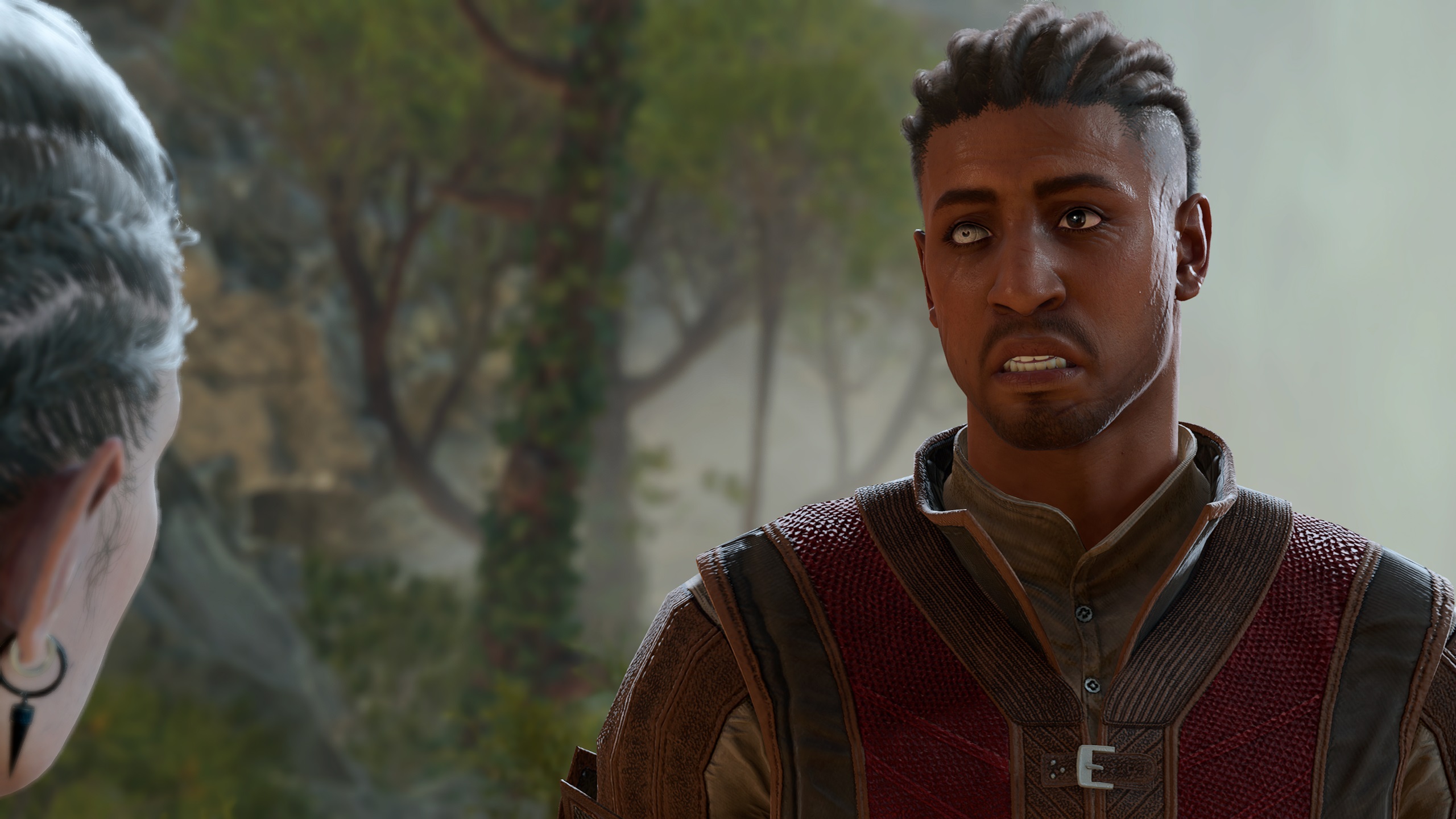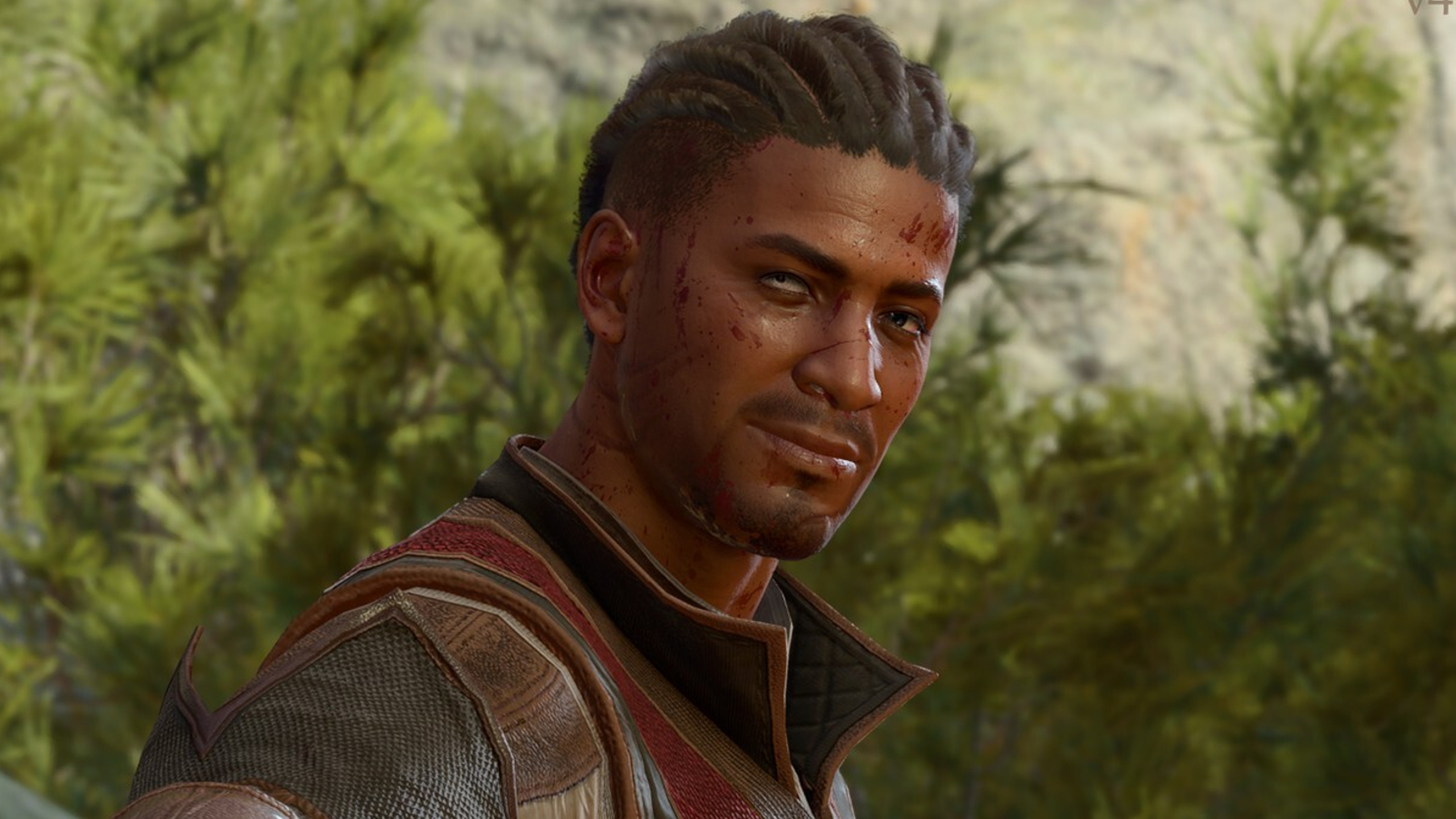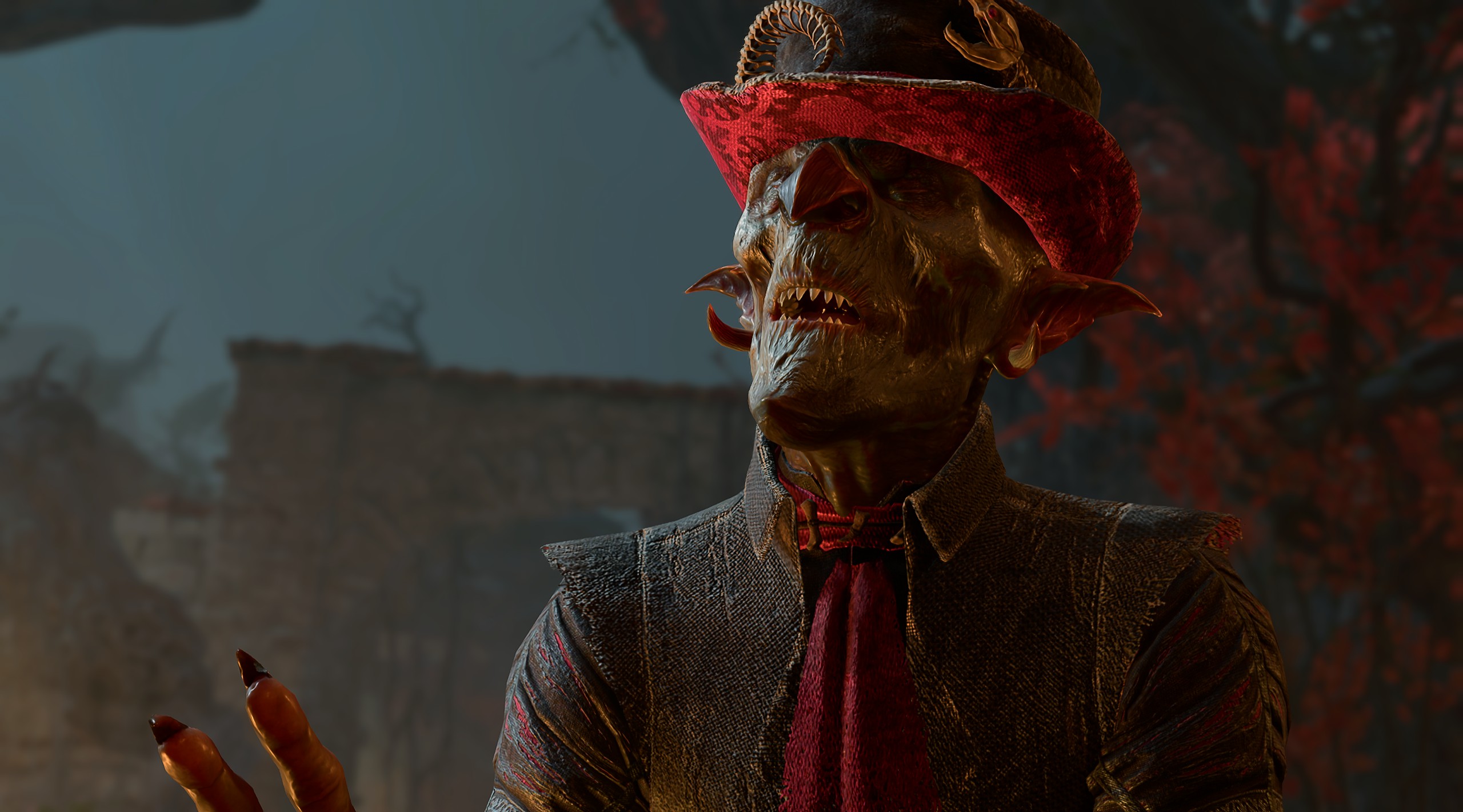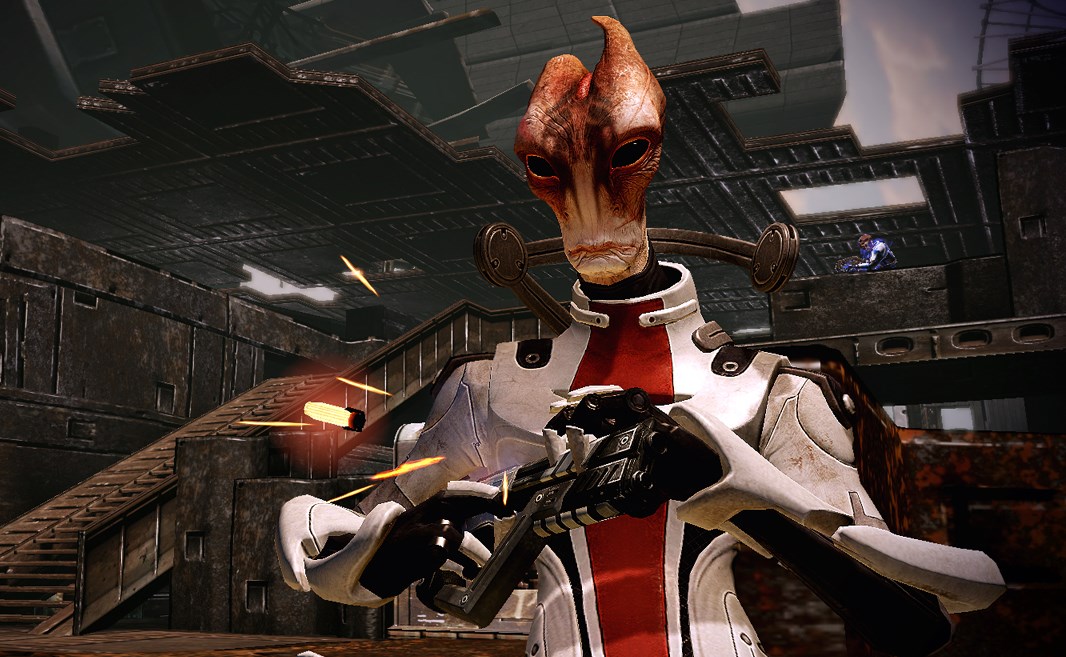
While catching up with a friend recently, we were, of course, talking about our Baldur's Gate 3 playthroughs. "Does that goblin lady from the intro cutscene ever show up again?" He innocently asked me. Goblin lady from the intro, what do you—bro, are you talking about Lae'zel?
30+ hours into this game and he'd completely bypassed one of my favorite companions, the prophesied lady version of Sten from Dragon Age, the daffy gith who'd stolen PCG print editor Robert Jones' heart. What did the Creche Y'llek sequence even look like for my friend? He experienced a completely different game.
That's somehow not even the worst of it: early on in Act 2, he lost a vital NPC by accident in a crucial fight, locking him out of at least two, possibly three more companions, as well as any semblance of a good ending for the area. "I am of the 'you broke it you bought it' philosophy of reloading old saves," he told me bluntly. "The die is cast."
Bro, the die is not cast, I immediately hammer quickload every time I don't like the die! I quickload when "Astarion Disapproves" and that happens every time I let the feral little weirdo out of the house and he sees me not murdering a quest giver. I have progressed dozens of hours deep into the game across three separate characters before beating it because I want that first time I roll credits to be perfect. Doesn't everybody play RPGs this way?
Apparently not. PCG contributor Noah Smith praised BG3 as an immersive sim and wrote that they dropped two companions I absolutely adore within the opening hours of the game. Killing off Wyll because he's hunting Karlach, OK, maybe I can see it. "Hey, is this guy bothering you?" But they bury the hatchet over the course of a single conversation, no skill checks required!
Farewell Wyll, your inner torment, your goofy ballroom dance come-ons, we hardly knew ye. Ditto for Gale, who Noah banished for being too hungry. Just give him your shoes, y'all. Don't you want to see how all that Mystra and Elminster stuff plays out?

Over on Reddit, jackbooted drow paladin Minthara seems to be a sleeper favorite, a whole companion you only meet if you pursue the evil path in Act 1. That evil path is gruesome though, so I just don't know if I'll ever experience her as anything other than a glorified Hitman target with some sweet early game armor and snazzy pajamas. And that rules.
There are versions of this game that my perfectionist tendencies and inflexible fake fantasy morals might never let me see, and I think that's a real triumph of RPG design. Experiencing Baldur's Gate 3's companions and major events in the way I did felt essential and immutable, but it wasn't.
On the flip side, one way that my own playthrough flies in the face of everyone I've talked to has been cheating the murderous Dark Urge out of a kill. When you choose this origin, you're forced to kill an otherwise-established character early on in a playthrough. It's possible, however, to save her by knocking her unconscious right before the Long Rest event where you do the gruesome deed, and the game kept running fine—barring one glitched dialogue option that acted like I killed her, this character's side quest and remaining content in the later acts of the game proceeded as normal.

On the extreme end, Baldur's Gate 3 is flexible enough to let players stack the bodies of every NPC they've killed in a single house and keep chugging fine—here's to you I guess, you wannabe digital Dolarhydes. There's a version of this game where you're a chaos goblin who misses out on half the companions and borks all the major plotlines, and Baldur's Gate 3 will never punish you with a "With this character's death, the thread of prophecy is severed" popup.
I'd contrast this huge amount of player agency with say, Mass Effect, where you can determine the flavor of your interactions with the world, but you're always Commander Shepard, heroic human Spectre (for a given value of heroic). You can miss out on companions, especially in series peak Mass Effect 2, but their personal stories are compartmentalized from your main struggle with the reapers, while Baldur's Gate 3's companion stories deftly weave in and out of the main quest. Series-wide, Mass Effect 3 handled the loss of essential characters by replacing them with Aldi-brand substitutes, like swapping in Padok Wiks for Mordin if he doesn't make it to Mass Effect 3.

Similarly, I think Baldur's Gate's flexible narrative compares extremely well to the mutually exclusive second acts of The Witcher 2, a selling point of that game which never quite jived with me. Vergen vs. the Kaedweni Camp was an impressive marshalling of resources by CD Projekt Red, but I think Baldur's Gate 3's running record of possibilities manages a similar "trick" in a way that feels more organic, rather than like a train changing tracks halfway through the game.
There's only a few other games I can think of that manage so many varied, mutually exclusive potential playthroughs that feel equally complete. Disco Elysium's fascist vision quest sounds positively haunting, but how could I ever let down Kim Kitsuragi to see it? Obsidian's Fallout: New Vegas and Pillars of Eternity 2: Deadfire come to mind as well, with faction allegiances by turns so flawed and compelling, I'm always paralyzed with choice at how to proceed.
My friends and their hideous, psychically damaging Baldur's Gate 3 experiences are, dare I say it, valid. What's more, the fact that you can mess the Sword Coast up that bad makes bringing home the bacon in a golden run all the sweeter.







